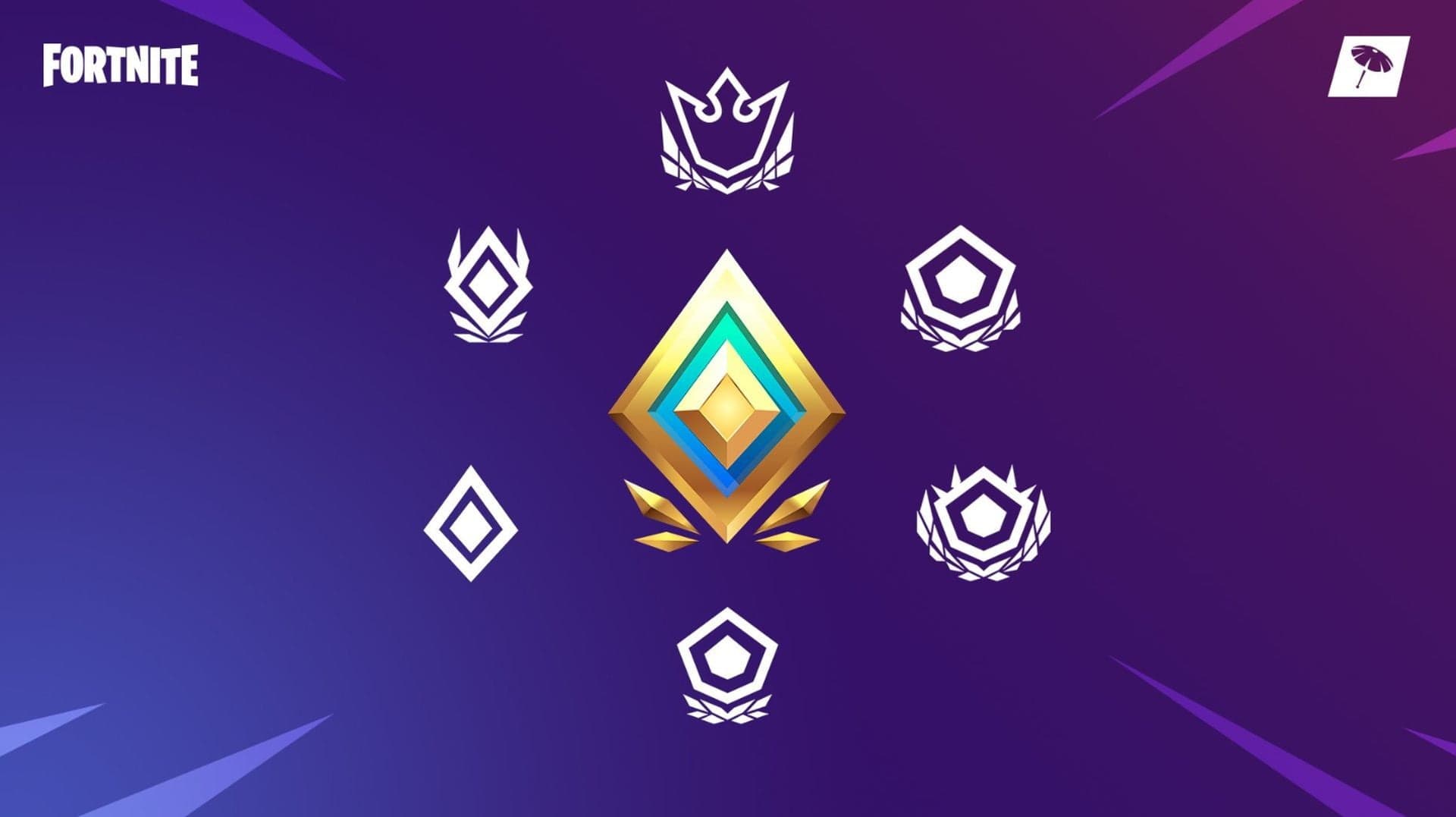
What can you boost for your Fortnite account
Unlock Elite Gaming: Transform Your Skills with Game Boosting
Level Up Faster: Unlock Gaming Success with Professional Boosting
Navigating Safe Game Boosting Services: Tips for Gamers in 2024
Unlocking Success: Ethical Game Boosting for Competitive Gamers
Game Boosting: A Lifeline for Time-Strapped Gamers
Mastering Game Boosting: Secure Strategies for Ultimate Success
Summary – 1 Minute Read.
Game boosting, where players pay others to improve their in-game performance or rank, is often prohibited by game developers due to concerns about fair play and competitive balance. While there is no universal law against game boosting, breaches of terms of service can lead to penalties like suspensions or bans, and financial transactions involved may violate consumer protection laws in certain jurisdictions. Ethical debates focus on how boosting affects genuine competition and skill-based matchmaking systems. Additionally, engaging in game boosting poses security risks such as account theft or scams due to sharing personal information with strangers.
Understanding the legality of game boosting requires a nuanced approach, as the rules and risks involved can vary significantly depending on the game’s terms of service, regional laws, and ethical considerations. Game boosting, at its core, involves players paying others to improve their in-game performance or rank. This practice has sparked considerable debate within gaming communities and among developers.
From a legal standpoint, game boosting is often considered a gray area. Many game developers explicitly prohibit boosting in their terms of service. Engaging in such activities could lead to penalties ranging from temporary suspensions to permanent bans for both the booster and the player receiving the boost. The primary concern for developers is that boosting undermines fair play and distorts competitive balance.
Despite these restrictions, there’s no universal law against game boosting itself. However, certain jurisdictions may have regulations that indirectly affect this practice. For instance, if financial transactions involved in boosting are deemed fraudulent or violate consumer protection laws, legal consequences could ensue.
It’s important to note: While some argue that game boosting offers an opportunity for players with limited time to enjoy higher levels of gameplay without investing countless hours, others believe it erodes the integrity of competitive gaming environments.
The risks associated with game boosting extend beyond potential account penalties. Players who engage in or facilitate boosting may expose themselves to security risks such as account theft or scams. Sharing account information with strangers can lead to unauthorized access and loss of personal data.
Moreover, discussions around the ethics of game boosting often highlight its impact on genuine competition. Boosted accounts might dilute skill-based matchmaking systems by placing less skilled players into higher ranks than they deserve based on actual performance.
In conclusion, while THCa remains a topic more commonly associated with cannabis discussions rather than gaming contexts, understanding its implications can similarly involve navigating complex legal landscapes—highlighting how diverse fields sometimes share similar challenges regarding legality and ethicality.
Ultimately, whether you’re considering engaging in game boosting or simply curious about its implications within the gaming world, it’s crucial to weigh both sides carefully: acknowledging not only potential benefits but also respecting community standards and developer policies designed to maintain fair play for all participants.
Q: What is game boosting?
A: Paying others to improve in-game performance or rank.
Q: Is game boosting legal?
A: It is often considered a gray area legally.
Q: Can game boosting lead to account penalties?
A: Yes, it can result in suspensions or bans.
Q: Do all games prohibit boosting?
A: Many explicitly ban it in their terms of service.
Q: Are there security risks with game boosting?
A: Yes, including account theft and scams.
Q: Does game boosting affect competitive balance?
A: It undermines fair play and distorts competition.
Q: Are there ethical concerns with game boosting?
A: Yes, it dilutes genuine skill-based matchmaking.
Game Boosting: The practice of improving a player’s game ranking or status through third-party services, often involving another player playing on their behalf.
Legal Maze: The complex and challenging set of legal issues that arise in a particular context, requiring careful navigation to avoid violations.
Ethical Maze: The intricate and often confusing ethical considerations that must be addressed in a particular situation, where moral principles may conflict or be unclear.
5% sale with code
26NS2PW5